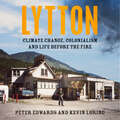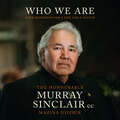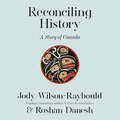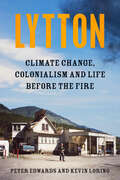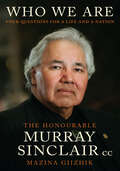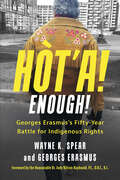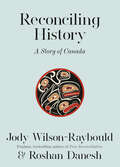Service Alert
Le service CD se termine le 31 juillet 2025
Les livres audio et magazines audio du CAÉB sont disponibles via le service de Téléchargement direct et via fichiers zip téléchargeables. Nous n'envoyons plus de CD par la poste. Contactez-nous pour plus d'informations.
